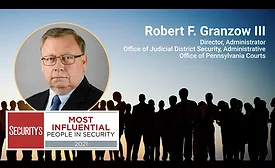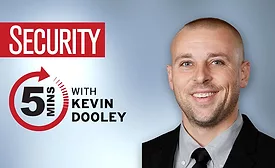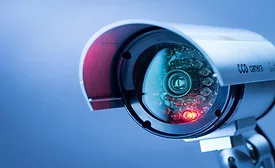Security Leadership and Management
Director, Administrator, Office of Judicial District Security, Administrative Office of Pennsylvania Courts
Read More
Steven Antoine – Most Influential People in Security 2021
Vice President, Global Security, PepsiCo North America
September 1, 2021
How executive order requirements will change the scope of business
President Biden’s executive order on improving the nation’s cybersecurity will impact device manufacturers—even those that don’t sell to the Federal government.
August 30, 2021
Sign-up to receive top management & result-driven techniques in the industry.
Join over 20,000+ industry leaders who receive our premium content.
SIGN UP TODAY!Copyright ©2026. All Rights Reserved BNP Media.
Design, CMS, Hosting & Web Development :: ePublishing








.webp?height=168&t=1630328031&width=275)
.webp?height=168&t=1630084048&width=275)

